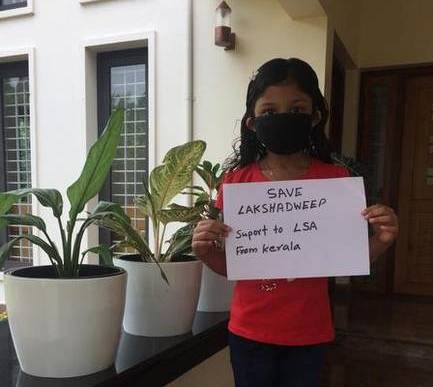How will the legal solution attain to cases of sexual harassment against popular names in Media houses ,Bollywood and even in politics too.
The Women’s Commission has acted in the right way, but despite the huge media campaign involving #MeToo, silence of the police, the court and the government is really disappointing.
Despite the change in law after the Nirbhaya scandal, the system becomes dull
Like #MeToo, a nationwide campaign had initiated in the social media against the Nirbhaya rape case in the year of 2012-13. Due to public anger, the government turned bound and made strict provisions against stalking,teasing or chasing women while changing criminal laws on the basis of the report of the Justice Verma Committee. According to the new law, in most cases of #MeToo, the culprits can be brought to the courtroom, but this law could not be applied in the cases before 2013. Despite the strict law, court proceedings of decisions in criminal cases are still complex and sluggish. Even the full speed of the system, the defendants of the case were still not punished, then what would be the fate of the cases of #MeToo …?
How to handle #MeToo cases despite complaints in police
Tanushree Dutta filed a complaint against Nana Patekar 10 years ago in the Cine and TV Artists Association (CINTAA). After this Raj Thackeray’s political army attacked Tanushree, against which Tanushree’s father lodged an FIR in the Mumbai police. After Breaking News of the new round of #MeToo, Tanushree has lodged a complaint with the police in the old case of sexual assault. There is a legal limit of 12 years in civil cases, but there is no such time limit in criminal cases. Many cases of #MeToo are 20 years old.
The question does arise, what and how will police investigate in such cases …? If the police also filed FIR, how will the old cases survive in the court, where action will be taken on the basis of statements and evidence of witnesses …? Supreme Court’s new Chief Justice Ranjan Gogoi has said that due to delays in the judicial process, people are not able to get fair justice.
In theVishakha case, the Supreme Court was adjudged in August, 1997 to stop the oppression of women in Vishakha Guidelines of the Supreme Court. The provision was made in this decision for the formation of internal committee and disciplinary penalty to save women from oppression in government and private areas. .
Highlighting the victim’s name crime
For highlighting the name of the child victim in Kathua rape and murder case in Jammu and Kashmir, the Delhi High Court had imposed a penalty of Rs 10 lakh on several media houses in April, 2018. Despite the death of the victim and the consent of the parents, the real name of Nirbhaya is not yet exposed. In such cases, the Supreme Court completed the proceedings of the cases named ‘X’ or ‘Y’ instead of the actual names of the victims.
In the #MeToo case, the woman accused the Central Government Minister MJ Akbar and has made her name and events in public via the social media. There are also many criminal and civil laws against defamation in the country, according to which the Delhi High Court has also banned Baba Ramdev’s biography and publication due to some controversy.



